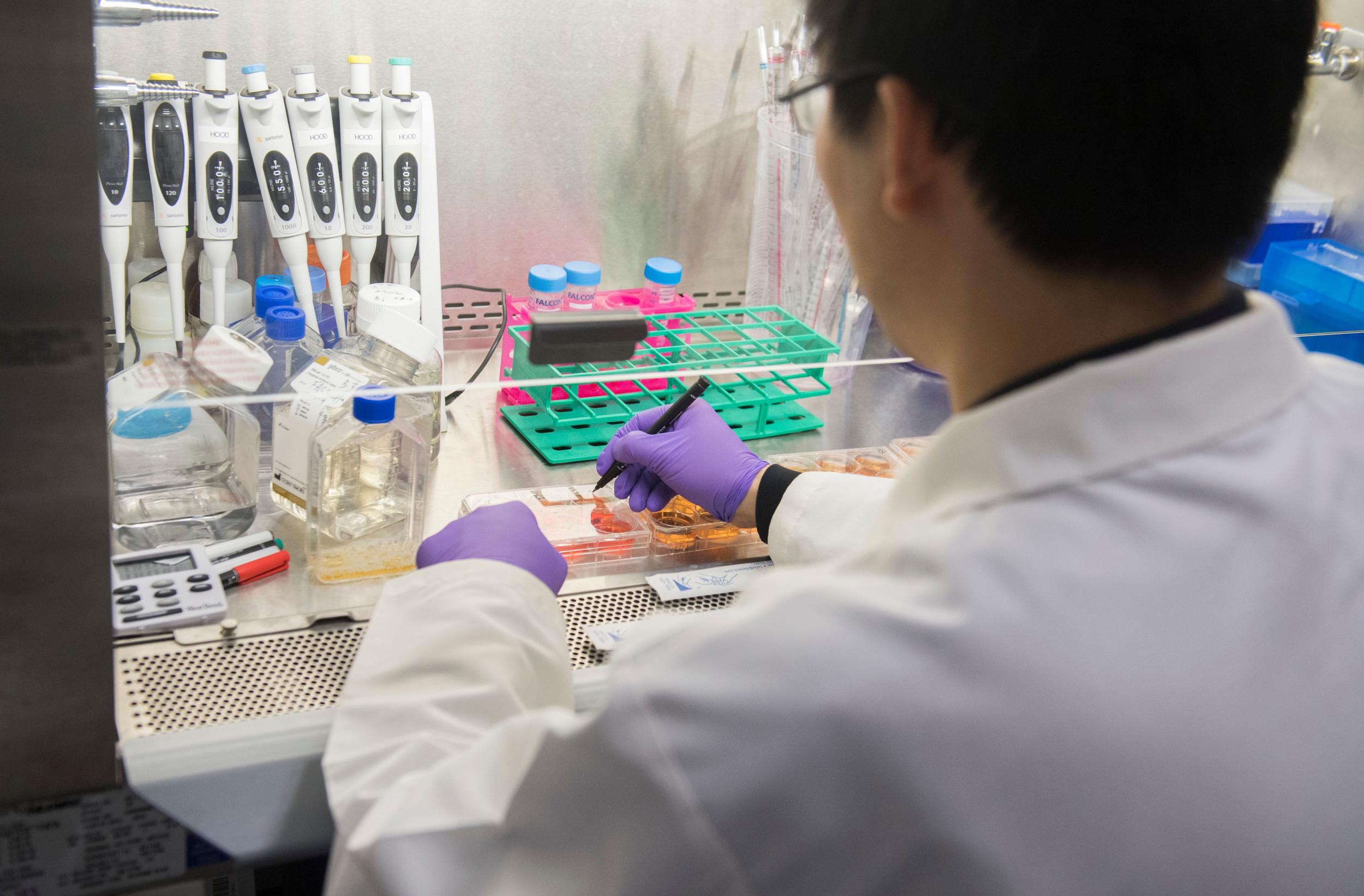HPV vaccine cuts cervical cancer rates by almost 90%, study finds
Cervical cancer could become a rare disease thanks to vaccines combined with screening, Cancer Research UK says

Hundreds of women have been protected from cervical cancer thanks to a national vaccination campaign, new research has found.
The study, by Kings College London and published in The Lancet, said rates of cervical cancer in women who had the human papillomavirus (HPV) vaccine between the ages of 12 and 13 were 87 per cent lower than unvaccinated women.
In women aged 14 to 16, cancer rates were 62 per cent lower and 34 per cent lower in women aged 16 to 18.
These results, researchers say, prove the benefits of the HPV vaccine. According to estimates by the University of Oxford, 10 million women received a dose of the vaccine between 2009 and 2018.
Experts looked at data from the immunisation programme using the vaccine Cervarix, which was given to girls on the NHS from 2008 to September 2012. A different vaccine, Gardasil, is now used and given to girls and boys aged 12 and 13.
The study estimated that by June 2019, in those vaccinated in England, there were 450 fewer cases of cervical cancer and 17,200 fewer cases of pre-cancers than would be expected.
Dr Kate Soldan, from the UK Health Security Agency, said the study provides the first direct worldwide evidence of prevention of cervical cancer using a vaccine for two types of HPV, the virus which can trigger cervical cancer.
She said: “This represents an important step forwards in cervical cancer prevention.”
Professor Peter Sasieni, who led the work, said: “It’s been incredible to see the impact of HPV vaccination and now we can prove it prevented hundreds of women from developing cancer in England.
“We’ve known for many years that HPV vaccination is very effective in preventing particular strains of the virus, but to see the real-life impact of the vaccine has been truly rewarding.
“Assuming most people continue to get the HPV vaccine and go for screening, cervical cancer will become a rare disease.
“This year we have already seen the power of vaccines in controlling the Covid-19 pandemic. These data show that vaccination works in preventing some cancers.”
Cancer Research UK, which funded the work, said the findings were better than expected and that cervical cancer could become a rare disease thanks to vaccines combined with screening.
HPV vaccination has been introduced in 100 countries to date as part of efforts by the World Health Organisation to eliminate cervical cancer.
Professor Maggie Cruickshank from the University of Aberdeen, said: “The scale of HPV vaccination effect reported by this study should stimulate vaccination programmes in low and middle-income countries where the problem of cervical cancer is a far greater public health issue than those with well-established systems of vaccination and screening.”
Join our commenting forum
Join thought-provoking conversations, follow other Independent readers and see their replies
Comments